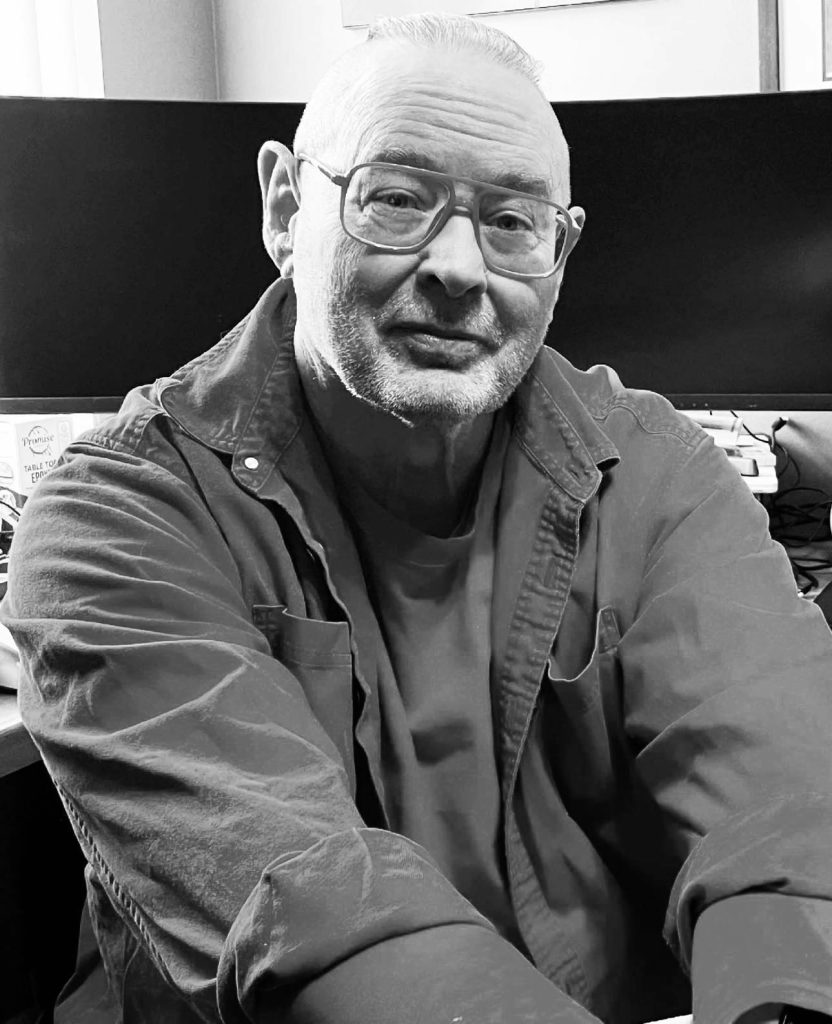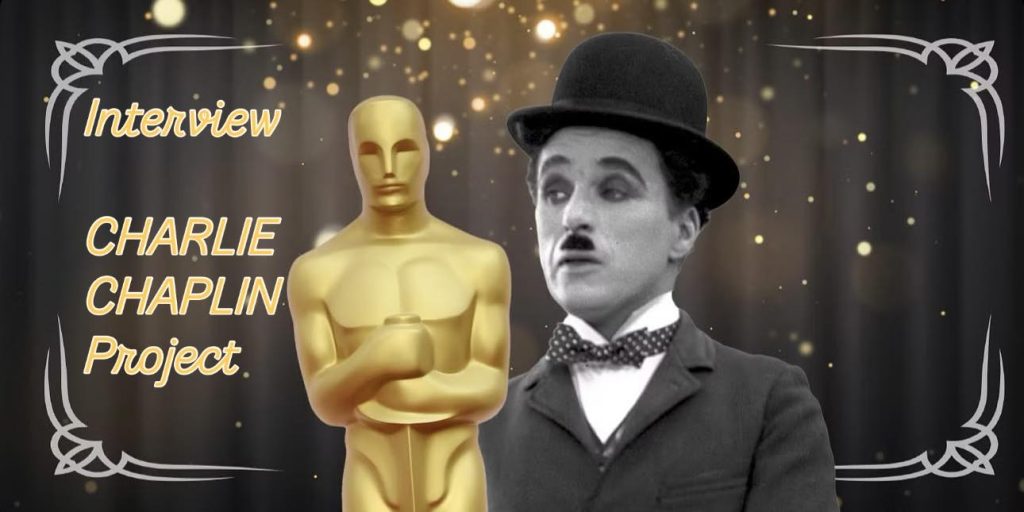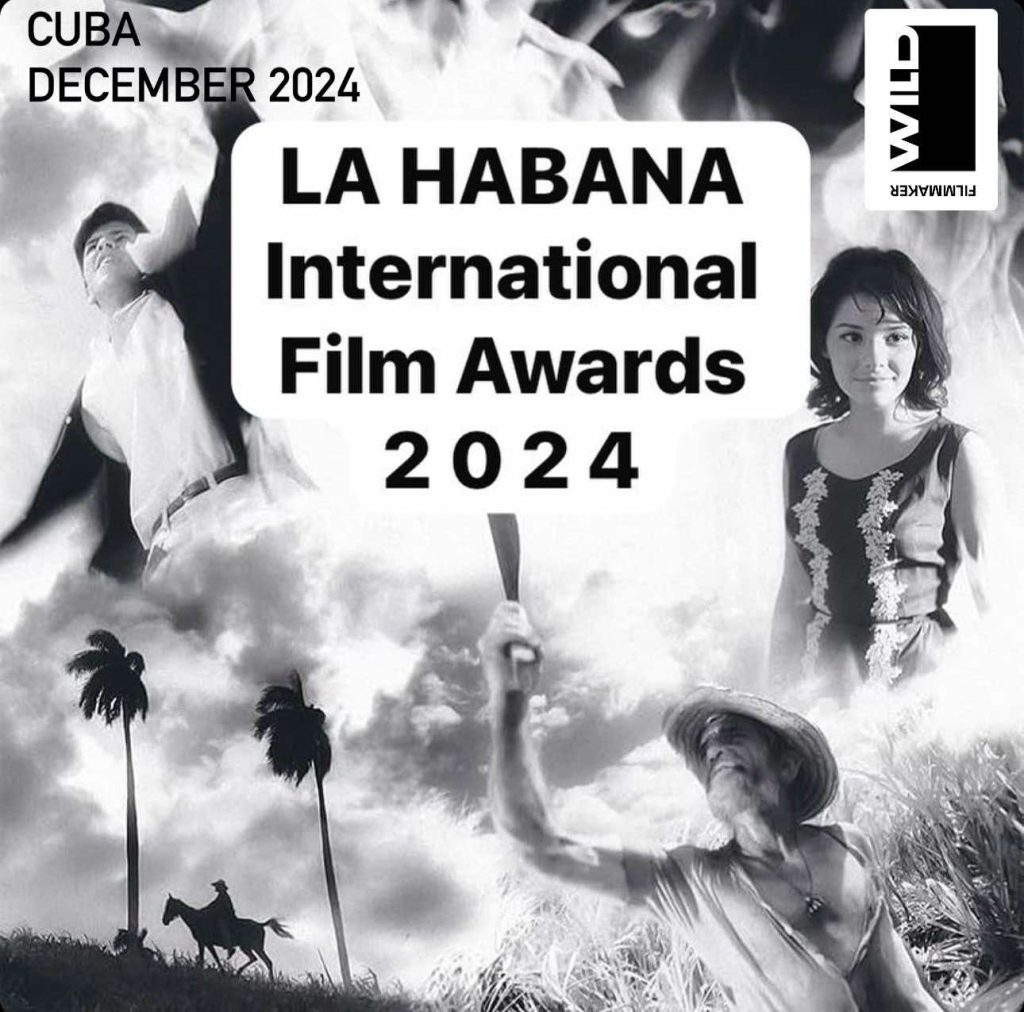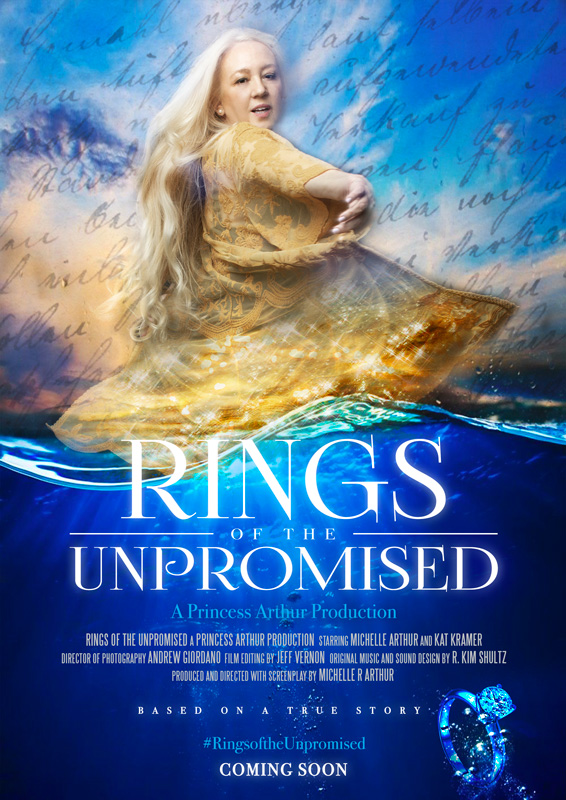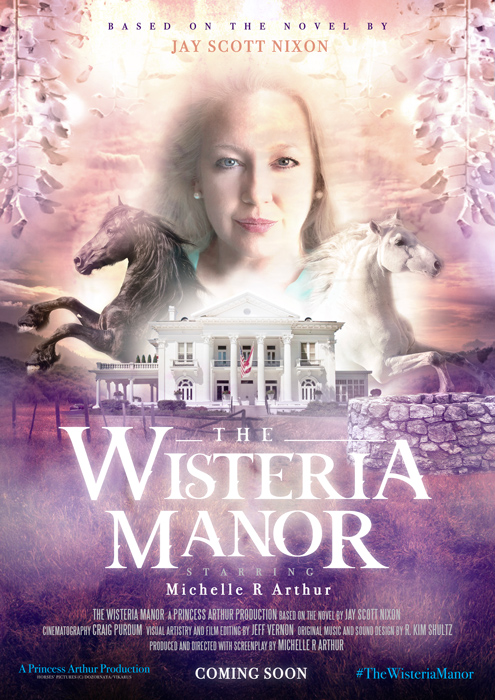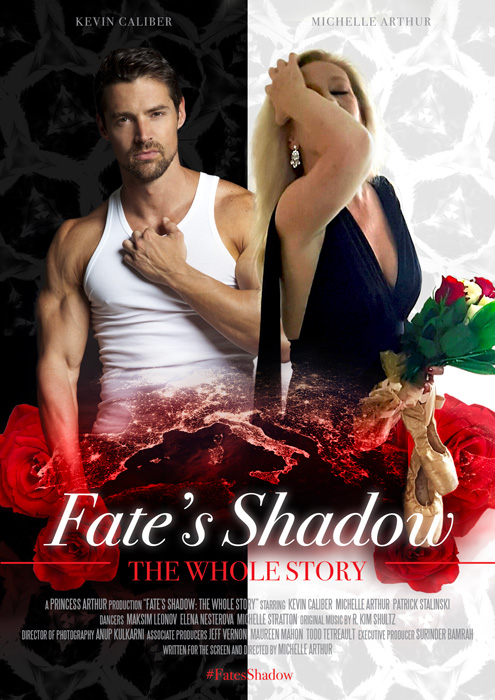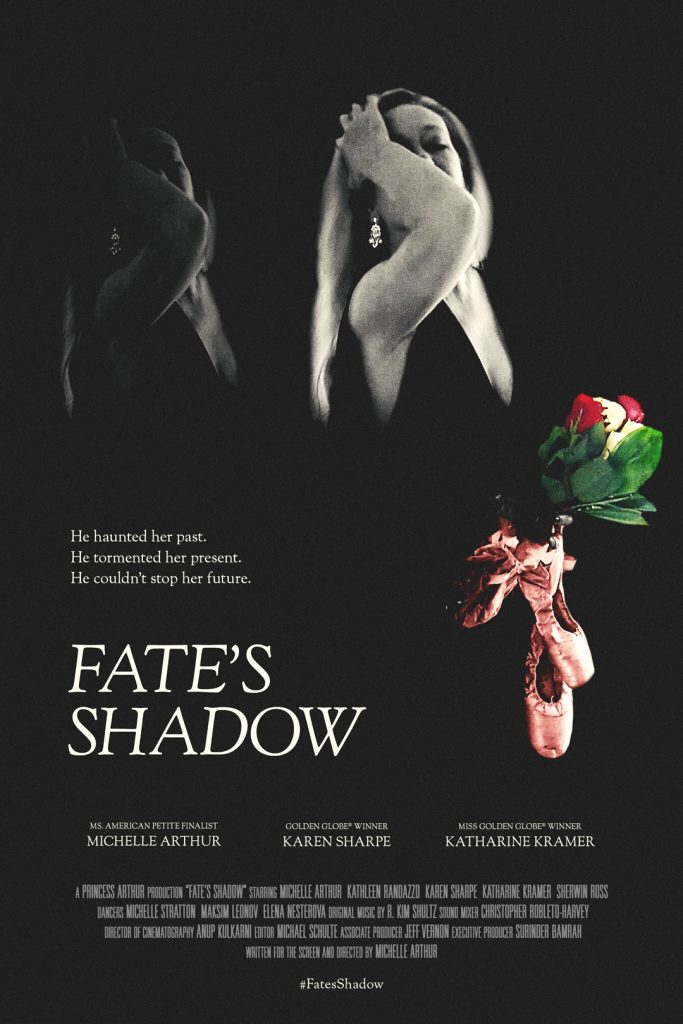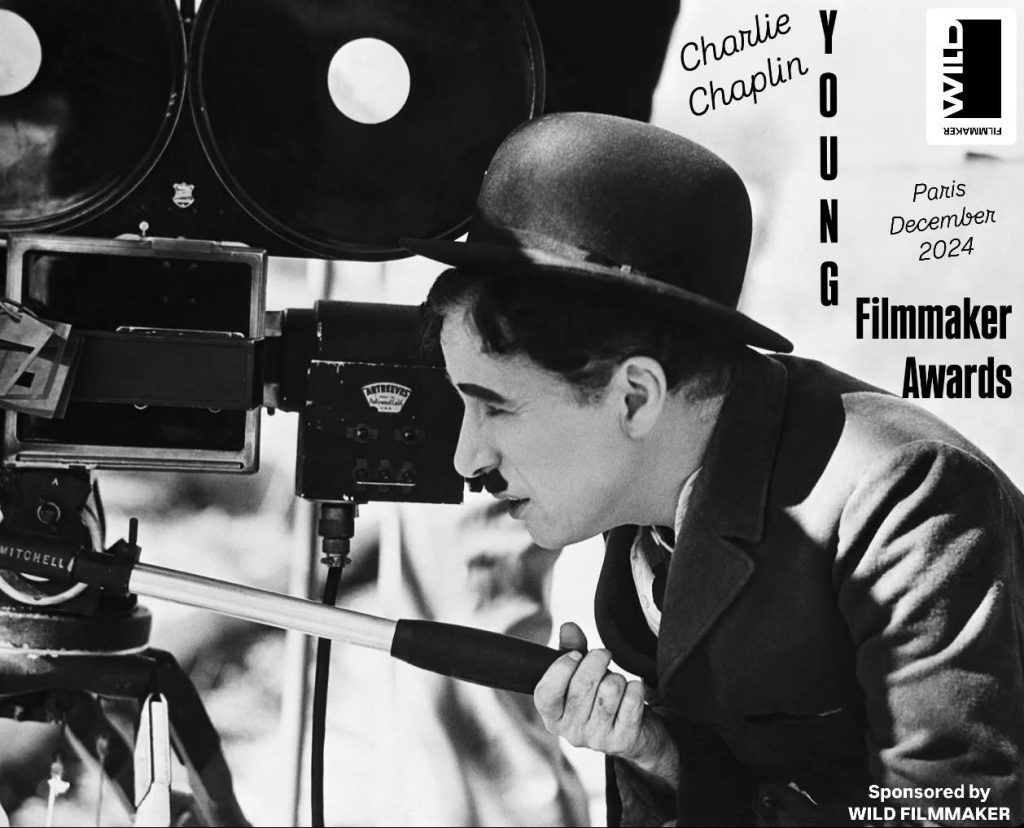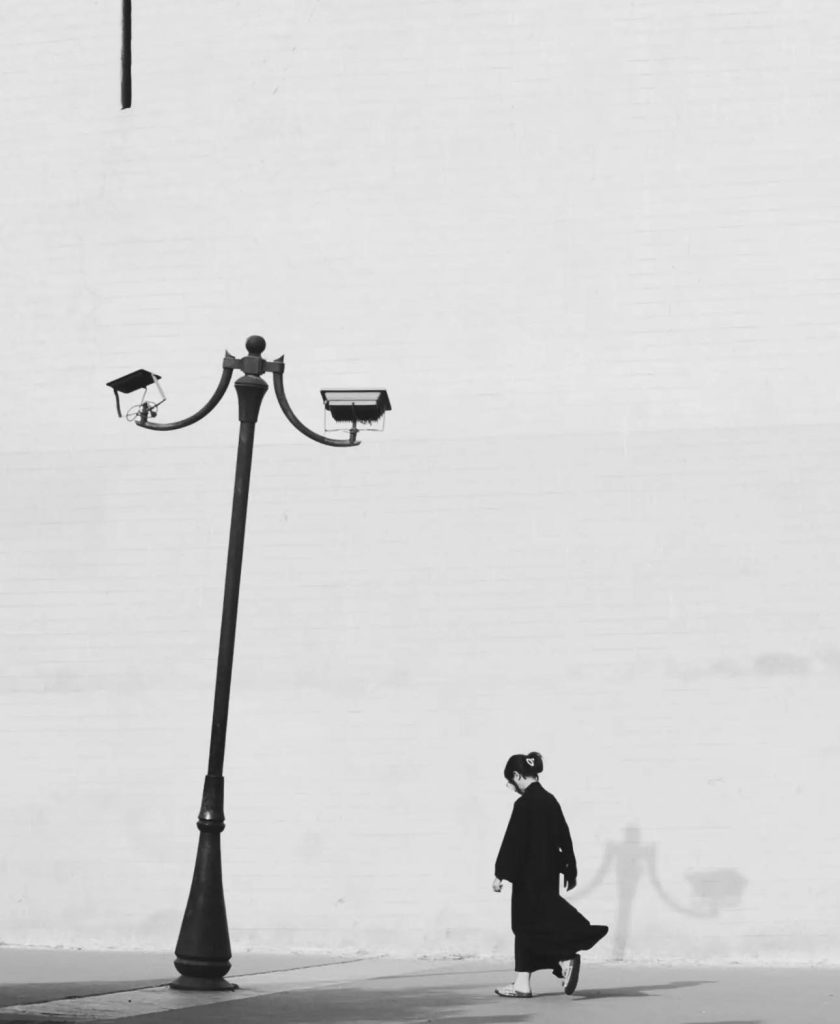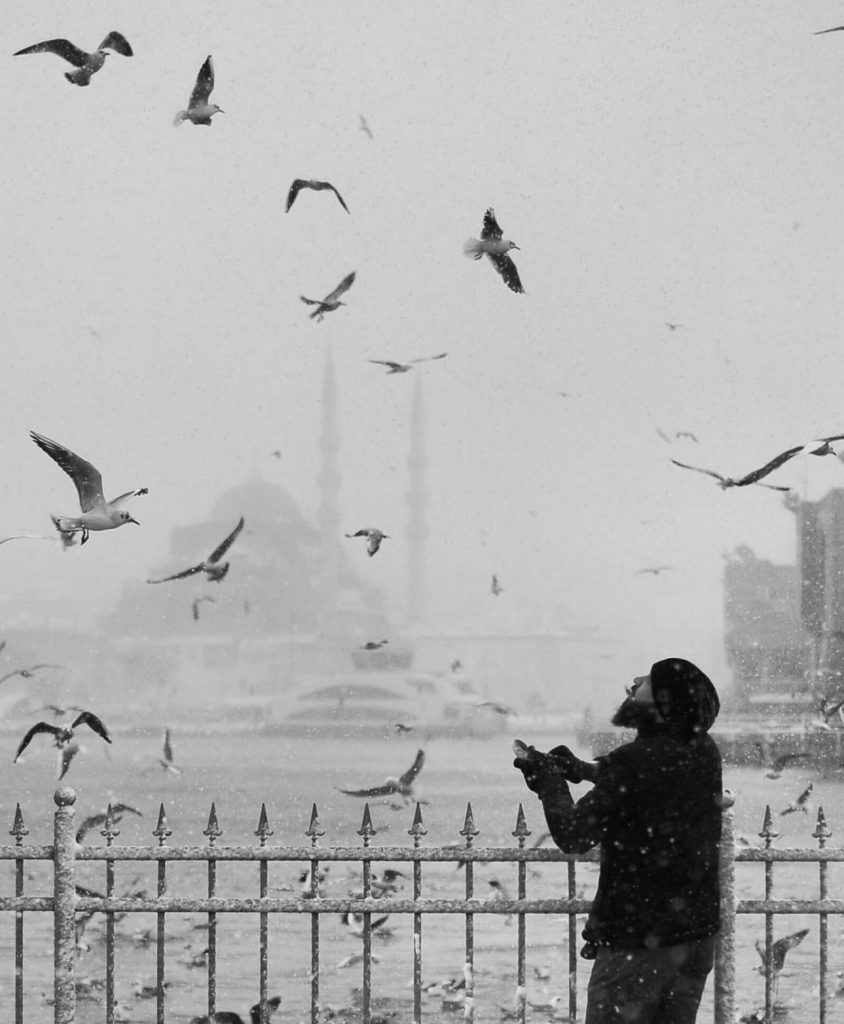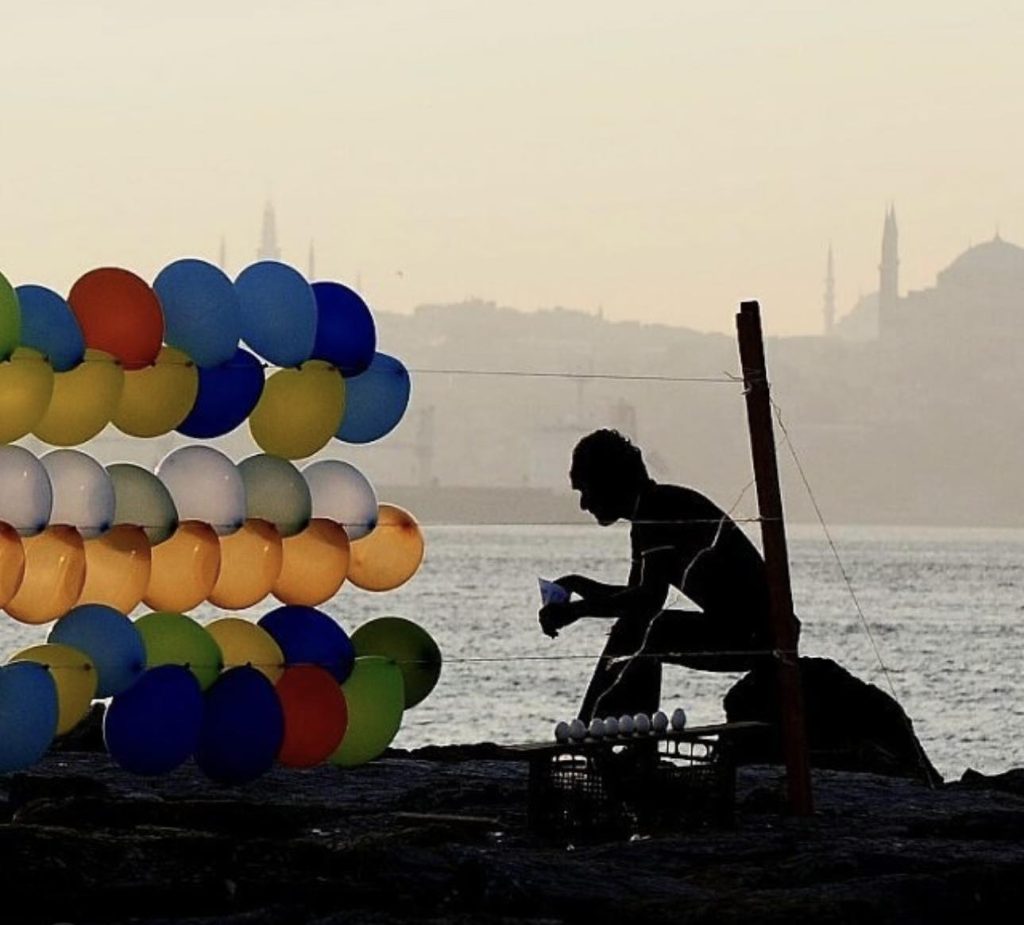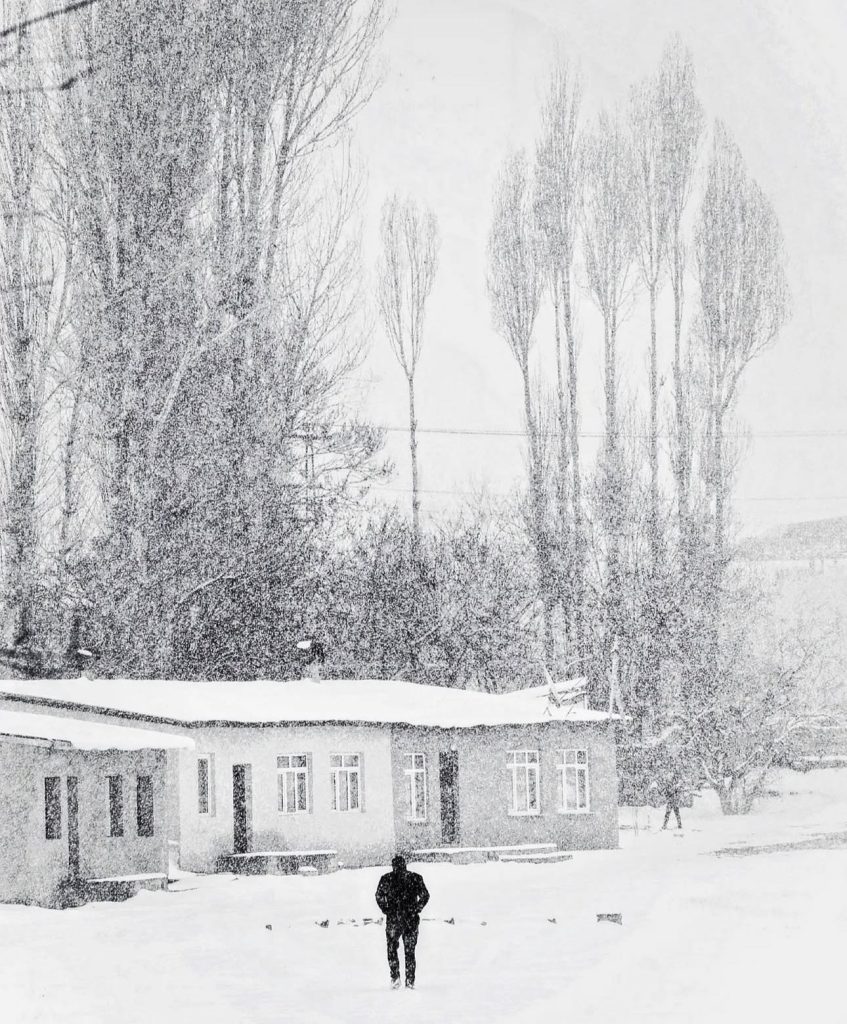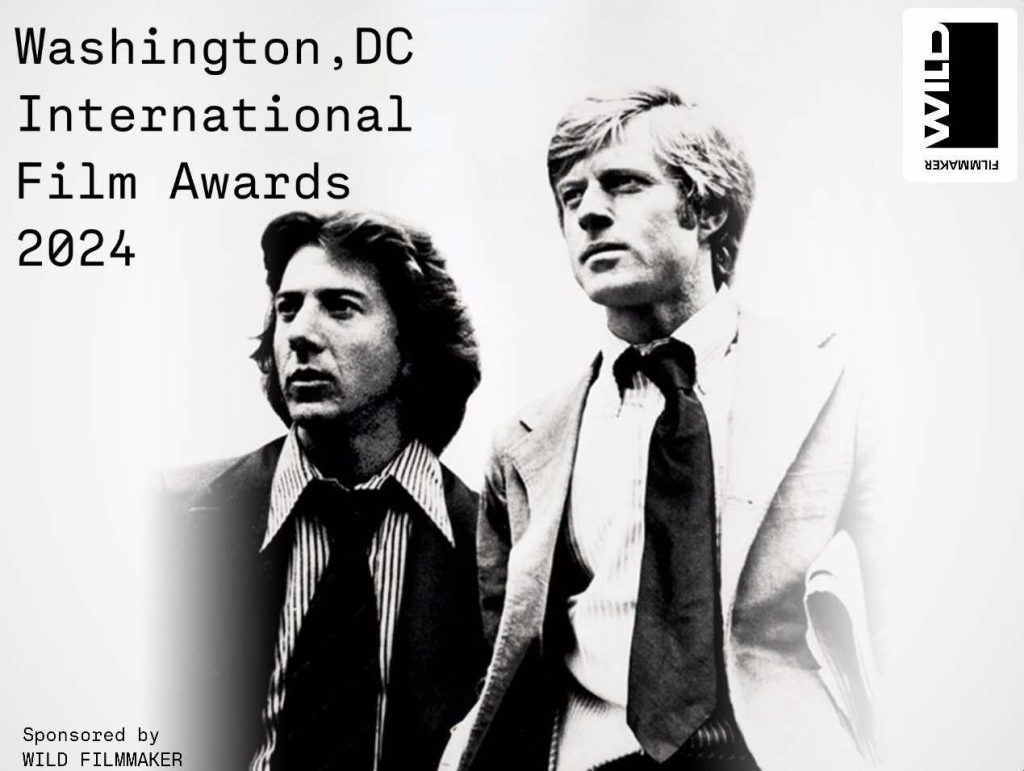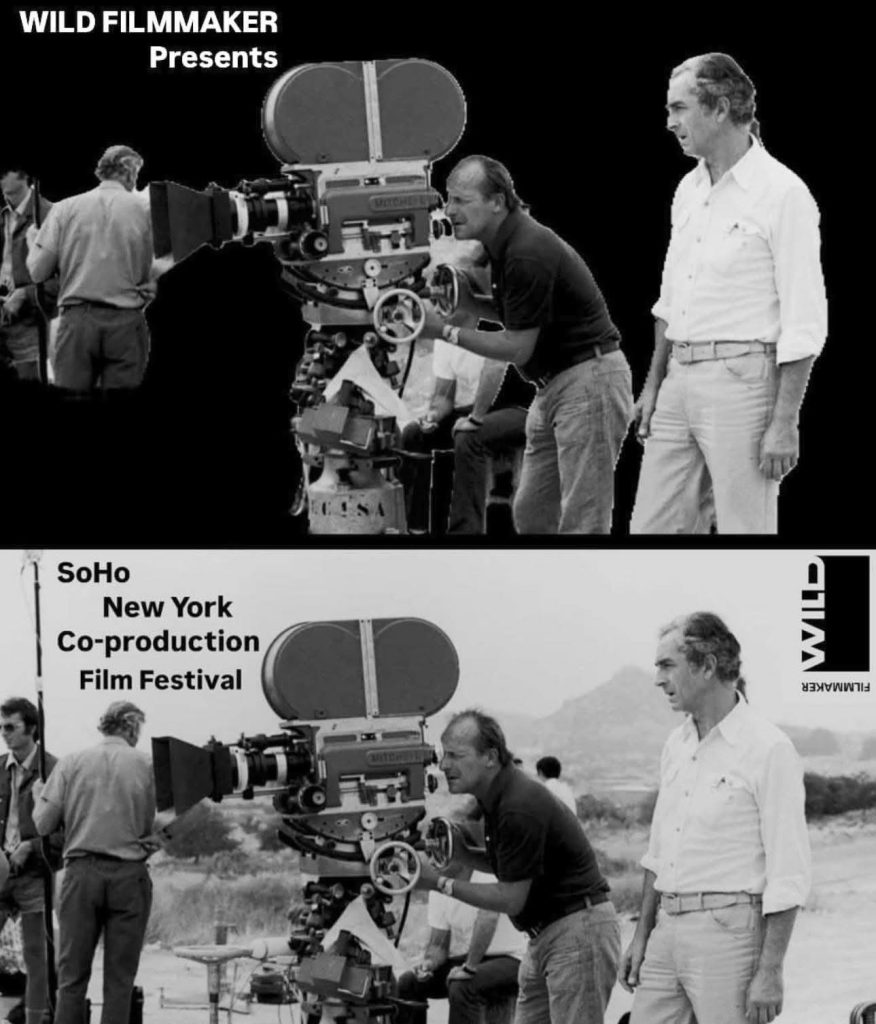
Sous Tension
BEST INTERNATIONAL DRAMA, BEST EUROPEAN INDIE DIRECTOR & BEST ORIGINAL ARTHOUSE SCREENPLAY
The Brawl
BEST INDIE PRODUCER & BEST ORIGINAL IDEA
The Fatal Dilemma
BEST INTERNATIONAL SHORT SCRIPT & BEST EUROPEAN ORIGINAL WRITER
Remnant
BEST INTERNATIONAL PICTURE, BEST DIRECTOR (Category: Narrative Feature), BEST CINEMATOGRAPHY (Category: Film) & BEST CASTING DIRECTOR
The way of Mizoguchi
BEST EUROPEAN DIRECTOR (Category: Documentary Feature), BEST STORYTELLING & BEST CINEMATOGRAPHY
Effata
BEST SINGER OF THE YEAR & BEST INTERNATIONAL ARTHOUSE MUSIC VIDEO
You Are Here
BEST EXPERIMENTAL CINEMATOGRAPHY & BEST ARTHOUSE EXPERIMENTAL SHORT FILM
In a Whole New Way
BEST EDUCATIONAL FILM & BEST ORIGINAL SOCIAL FILM OF THE YEAR
Errata in blue
BEST INDIE EXPERIMENTAL DIRECTOR & BEST ARTHOUSE EDITING
Fire Flies
BEST AMERICAN FEATURE SCRIPT
Walking In Memphis
BEST PILOT/TV SCRIPT
The White Chronicles:The Beginning?
BEST ORIGINAL BOOK/MANUSCRIPT
Fascino d’altri tempi
BEST EUROPEAN NARRATIVE SHORT & BEST INTERNATIONAL INDIE SCREENWRITER
On My Special Day
BEST ARTHOUSE DIRECTOR (Category: Short Film), BEST EDITING, BEST INDIE SHORT FILM 2024 & BEST EXECUTIVE PRODUCER
Searching for Camelot
BEST AMERICAN DIRECTOR & BEST EXECUTIVE PRODUCER
Eye of the Storm
BEST CINEMATOGRAPHY & BEST INTERNATIONAL DIRECTOR (Category: Documentary Feature)
Ye Ole Glorya
BEST ARTHOUSE COMEDY, BEST EDITING & BEST COMEDY SCRIPT
Big Momma Earth
BEST CINEMATOGRAPHY & BEST INTERNATIONAL PRODUCER (Category: Comedy)
Der Rote Klang
BEST ARTHOUSE FILMMAKER, BEST INDIE ACTRESS & BEST ORIGINAL SCREENPLAY SHORT
Thinking
BEST EUROPEAN NARRATIVE SHORT & BEST ARTHOUSE EUROPEAN FILMMAKER
Monument to Love
BEST INTERNATIONAL DOCUMENTARY FEATURE & BEST HUMAN RIGHTS FILM OF THE YEAR
I Waited for You
BEST DIRECTOR OF THE YEAR (Category: Experimental Film) & BEST EXPERIMENAL CINEMATIC PROJECT
Alta California
BEST AMERICAN WRITER & BEST HISTORICAL FEATURE SCRIPT
The Boy Who Earned His Magic
BEST INTERNATIONAL BOOK/MANUSCRIPT
Medea
BEST ORIGINAL NARRATIVE SHORT OF THE YEAR, BEST SCRIPT & BEST ORIGINAL DIRECTOR
Katabasis
BEST ARTHOUSE NARRATIVE FEATURE, BEST CINEMATOGRAPHY, BEST EUROPEAN ACTRESS & BEST ORIGINAL SCREENPLAY
Emergency Musical Response: Part 1 – Journey to Netherworld
BEST FILMMAKER, BEST CINEMATOGRAPHY & BEST EDITING (Category: Music Video)
Maiden Tower, The
BEST SCREENWRITER (Category: Feature Script) & BEST ORIGINAL IDEA
The Assassin’s Apprentice 2: Silbadores of the Canary Islands
BEST INTERNATIONAL NARRATIVE SHORT FILM, BEST ORIGINAL SCREENWRITER & BEST ARTHOUSE CINEMATOGRAPHER
Routine
BEST ORIGINAL FILMMAKER, BEST INDIE CAST & BEST INDIE PRODUCER
Louie KR.ONE Gasparro 5POINTZ
BEST INDIE DOCUMENTARY SHORT
Dojo
BEST ACTION SHORT FILM, BEST SCREENPLAY SHORT, BEST THRILLER, BEST INTERNATIONAL SHORT FILM & BEST INDIE EDITOR
The Priory of Sion
BEST EUROPEAN HISTORICAL FEATURE SCRIPT & BEST EUROPEAN WRITER OF THE YEAR
Heart to Heart
BEST EUROPEAN MUSIC VIDEO
Miss Dress
BEST INTERNATIONAL LGBTQ+ FILM
Am I a painter?/Czy jestem malarzem?
BEST INTERNATIONAL ANIMATED SHORT FILM OF THE YEAR
The Stones of Rome
BEST AMERICAN NARRATIVE SHORT & BEST ORIGINAL DIRECTOR
The Pathos of Hamlet
BEST INDIE PRODUCER & BEST INTERNATIONAL INSPIRATIONAL FILM
Thankful
BEST ARTHOUSE FEATURE SCRIPT & BEST ORIGINAL CHARACTERS
Mashuga Wedding and Sheldon’s Jewish Christmas
BEST COMEDY & BEST DIRECTOR (Category: International Comedy)
The Demon
BEST ORIGINAL ACTING
Luzinete
BEST INDIE FILMMAKER (Category: Drama)
Nossos Caminhos
BEST ORIGINAL IDEA (Category: Feature Script)
Whispers of Love
BEST ROMANCE FEATURE SCRIPT & BEST ARTHOUSE SCREENWRITER
An Ever After Drama
BEST AMERICAN ACTRESS OF THE YEAR
Hot Afternoons Have Been in Montana
BEST INSPIRATIONAL FILM & BEST ORIGINAL VIDEO POETRY
The Duchess
BEST CAST & BEST ARTHOUSE CASTING DIRECTOR
Sister
BEST INDIE FILM, BEST ORIGINAL SCREENPLAY & BEST ARTHOUSE FILMMAKER (Category: International Narrative Feature)
Omnipotent Resolution
BEST INTERNATIONAL MUSICAL, BEST INTERNATIONAL INDIE SONG, BEST CHOREOGRAPHY & BEST ARTHOUSE SONG WRITER
Not Without Gloves
BEST EUROPEAN DIRECTOR OF THE YEAR (Category: Experimental Film), BEST POETRY SHORT FILM & BEST ACTRESS (Category: Experimental)
No Porn Avocado
BEST INDIE COMEDY & BEST COMEDY SCRIPT
Yetis
BEST INDIE SCREENWRITER (Category: Arthouse Feature Script)
The Dog (Il Cane)
BEST INDIE SHORT SCRIPT



